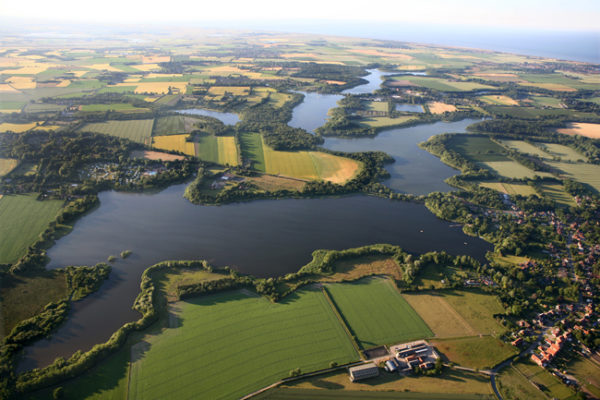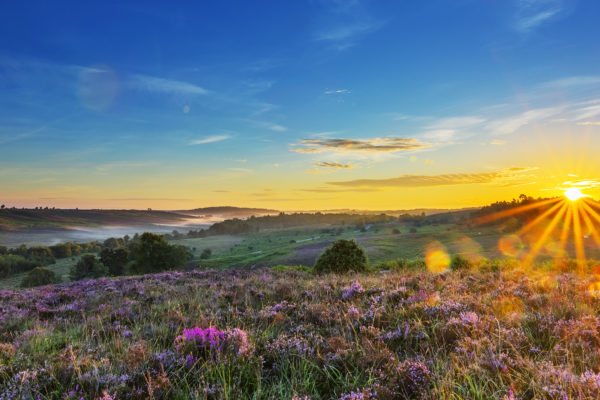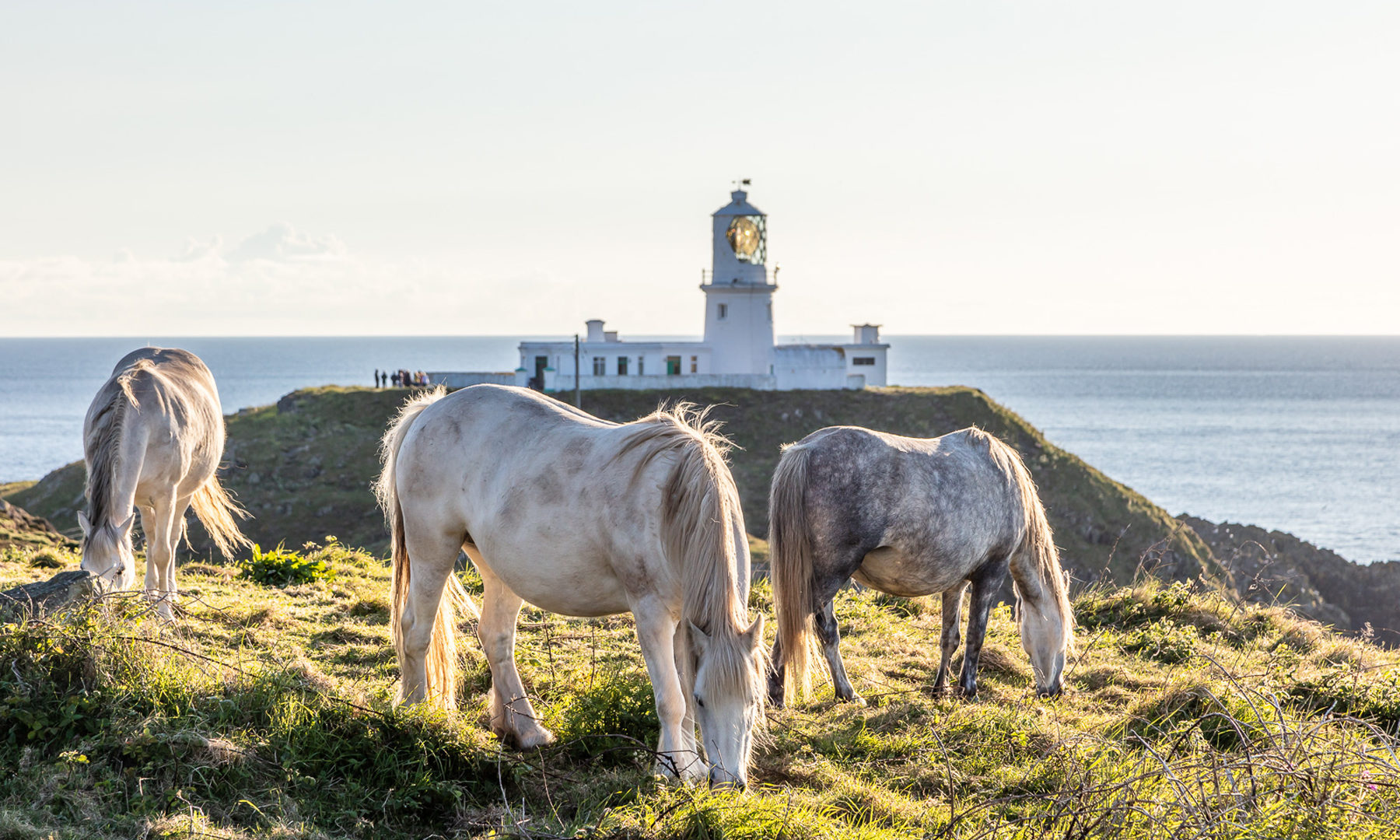
Biodiversity
What is biodiversity?
Biodiversity is the name we give to the variety of life on our planet, which is the result of billions of years of evolution. It includes all species of animals and plants, and the natural systems that support them.

The variety of natural life
Our National Parks are home to a fascinating range of animals and plants, many of which are rare and protected.
However, biodiversity also refers to the ecosystems in our forests, wetlands, mountains, lakes, rivers and agricultural landscapes.
Millions of plant and animal species maintain these ecosystems, creating oxygen that we breathe, providing food for us to eat and ultimately ensuring a sustainable planet for future generations.
They are essential to human survival.
Did you know?
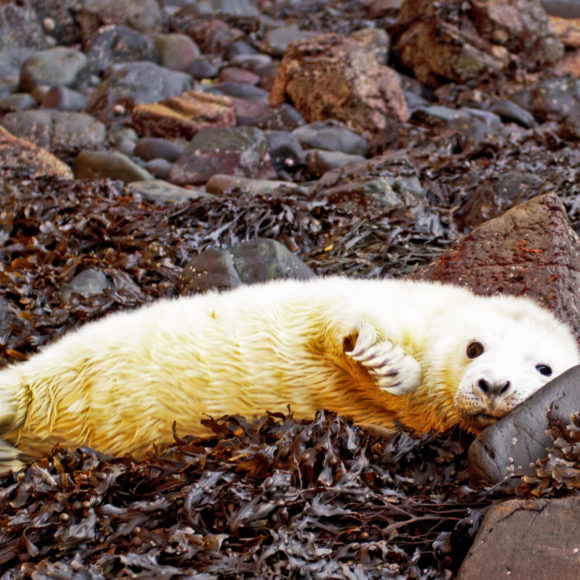
Threats to biodiversity
The loss of plant and animal species over time has always occurred, but the current pace of extinction is roughly 1,000 times higher than the natural rate.
Reasons for this include climate change, pollution, habitat destruction, over-exploitation of natural resources, introduction of invasive species and an increase in intensive agriculture.
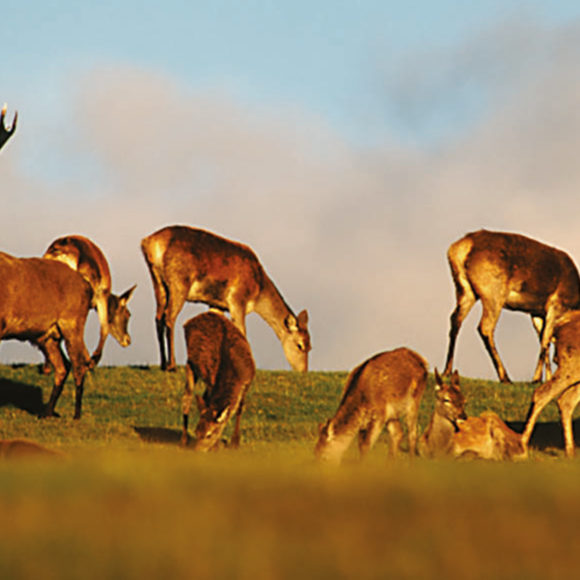
Protecting biodiversity
Looking after biodiversity within the UK’s 15 National Parks is a critical part of our work.
Whether it’s planning departments managing building applications or Rangers doing practical tasks, throughout the National Park Authorities there is a duty to preserve biodiversity.
